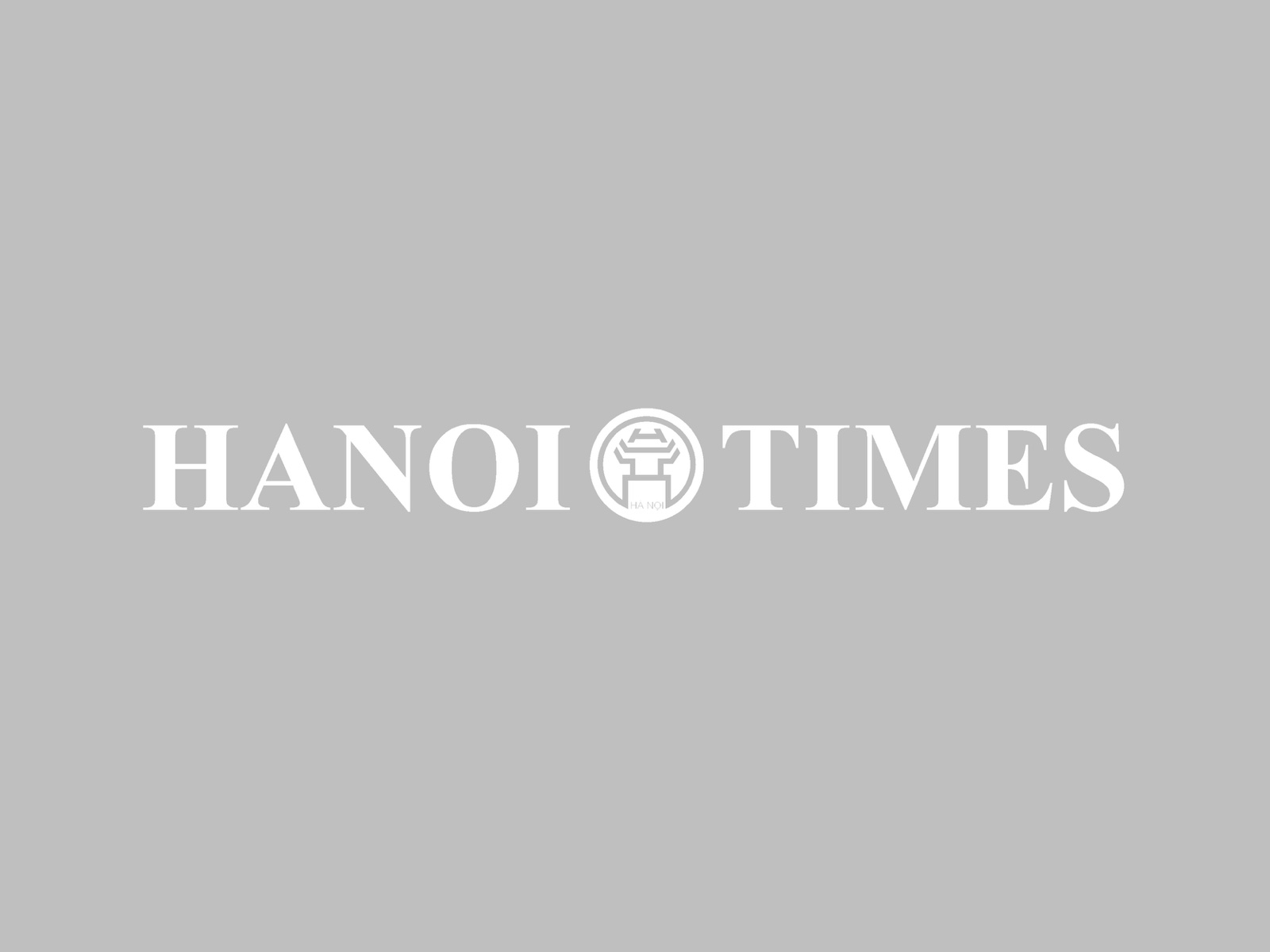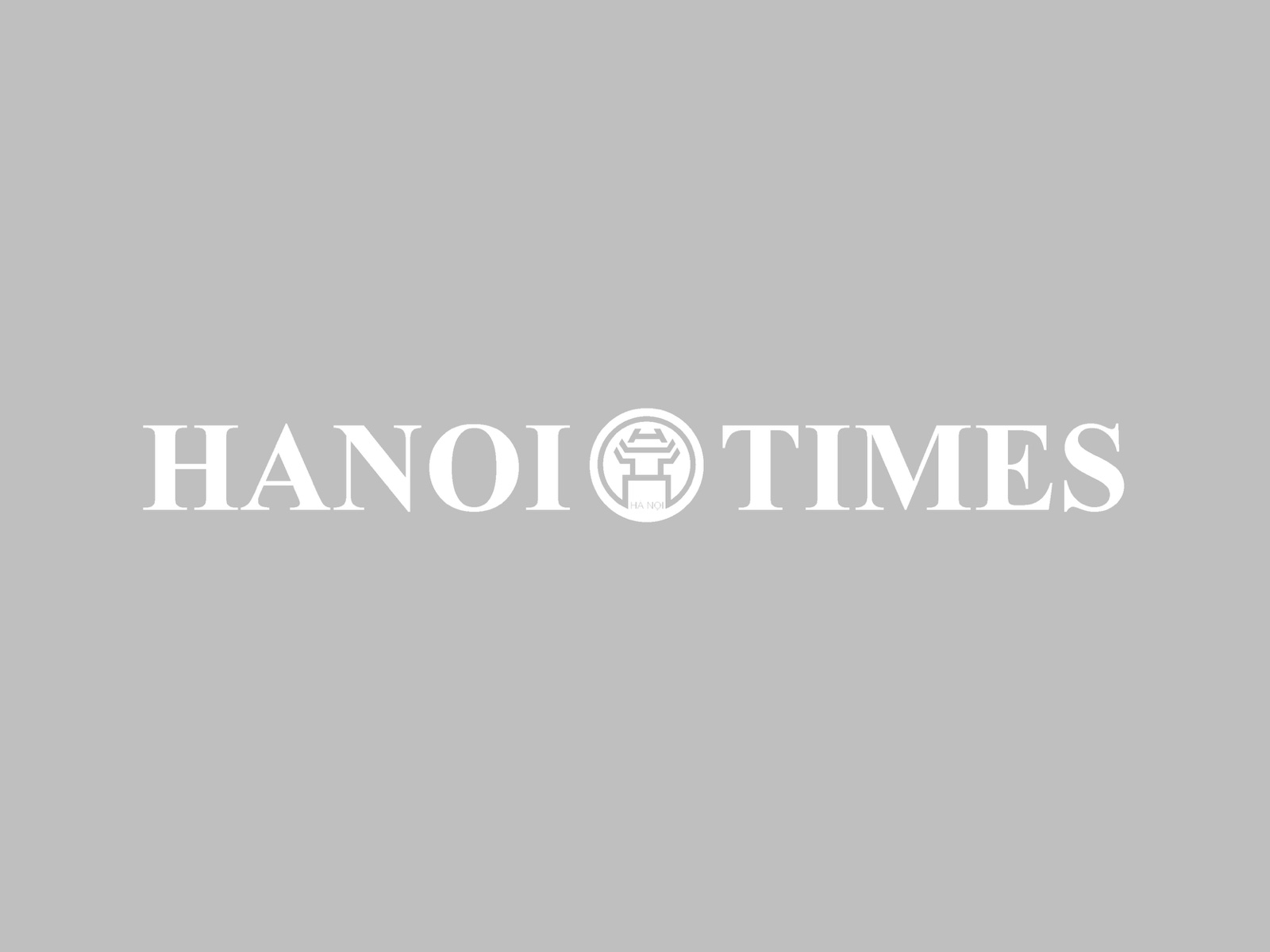Econ
Norway-funded project turns ocean plastic into material for circular economy
Oct 05, 2019 / 01:14 PM
Vietnam is among five beneficiary countries of the project, which aims to use the waste as a source of energy in local intensive industries.
The Embassy of Norway in Vietnam has launched the Ocean Plastic Turned into an Opportunity in Circular Economy (OPTOCE) project from which Vietnam is one of five beneficiary countries besides China, India, Myanmar and Thailand.
Attending the seminar included around 40 participants representing the MONRE, the Vietnam Environment Administration, the United Nations Development Program (UNDP), the United Nations Industrial Development Organization (UNIDO), the International Union for Conservation of Nature (IUCN), DONREs, and representatives from industries, academia and NGOs.
“The seminar is aimed at introducing the Regional OPTOCE-project, explaining about possibilities to improve the treatment of non-recyclable plastic wastes (PW) by involving energy intensive industry, particularly cement industry, and gaining insights and experiences from complementary activities going on in Vietnam”, said Chief Scientist and Program Manager of OPTOCE, Dr Kåre Helge arstensen.
Lessons learned will be shared through a regional multi-stakeholder forum enabling awareness raising, capacity building and efficient replication across the continent.
Being funded through the Norwegian Agency for Development Cooperation (Norad), and implemented by the Norwegian Foundation for Scientific and Industrial Research (SINTEF), the project is scheduled to start by the end of 2019, the embassy said in a press release.
SINTEF is Europe’s largest independent research organizations with the vision Technology for a better society. For over 60 years, SINTEF has developed solutions and innovation for society and customers all over the world covering a wide range of areas including climate and the environment, renewable energy, materials etc. SINTEF has been operating in Vietnam since 2000.
OPTOCE project aims to reduce the release of plastic wastes to the ocean by involving local energy intensive industries in waste management and energy recovery, increasing the waste treatment capacity in Asian countries and constituting a sustainable cost-efficient option in integrated waste management.
The project seeks to demonstrate new solutions for better waste management and circular economic thinking, and the feasibility of using public-private-partnerships to collect plastic wastes from polluted hot-spots, major rivers basins and beach front areas and to use the waste as a source of energy in local energy intensive industries.
Necessity of the project
Speaking at an inception seminar in Ho Chi Minh City on October 4, Norwegian Ambassador to Vietnam Grete Løchen said that the oceans are getting more and more polluted and 80% of ocean plastics comes from land-based sources, making marine debris a global issue that requires international action to address the most significant sources of plastic litter in the oceans.
“Norway and Vietnam, as ocean nations, understand better than anyone else the importance of oceans to our economy. Oceans are set as a high priority in the international cooperation agenda of the Norwegian government.
We are proud to provide funding to OPTOCE and another project, in collaboration with UNDP, to develop integrated and effective models of domestic waste and plastic management in five coastal and industrial locations of Vietnam. These two projects are very much linked to each other from the perspective of a circular economic thinking. This is a unique opportunity for us to contribute to saving our oceans from plastic wastes and micro plastics,” she noted.
The above five countries have 3 billion people, with almost 1 billion living close to waterways, and produce 176,000 tons of plastic waste per day, or 64 million tons per year. They have insufficient waste treatment capacity, but a huge resource and energy intensive industry, like cement manufacturing, iron- and steel production and electricity generation, using enormous amounts of coal and emitting more than 30% of world CO2.
As the OPTOCE project uses co-processing method, plants would reduce their coal consumption by recovery of wastes and non-recyclable plastics, with an energy efficiency much better than waste-to-energy plants. They are usually cost-efficient, do not produce any residues that need disposal and the emissions of greenhouse gases (GHGs) are reduced compared to landfilling or waste incineration.
OPTOCE project will work with the Vietnam Environment Administration under the Ministry of Natural Resources and Environment (MONRE), provincial Departments of Natural Resources and Environment (DONREs), national and international organizations, and private partners to improve the public-private-partnerships to collect plastic wastes and to use the waste as a source of energy in cement plants.

Norwegian Ambassador to Vietnam Grete Løchen. Photo: Norwegian Embassy in Hanoi
|
Attending the seminar included around 40 participants representing the MONRE, the Vietnam Environment Administration, the United Nations Development Program (UNDP), the United Nations Industrial Development Organization (UNIDO), the International Union for Conservation of Nature (IUCN), DONREs, and representatives from industries, academia and NGOs.
“The seminar is aimed at introducing the Regional OPTOCE-project, explaining about possibilities to improve the treatment of non-recyclable plastic wastes (PW) by involving energy intensive industry, particularly cement industry, and gaining insights and experiences from complementary activities going on in Vietnam”, said Chief Scientist and Program Manager of OPTOCE, Dr Kåre Helge arstensen.
Lessons learned will be shared through a regional multi-stakeholder forum enabling awareness raising, capacity building and efficient replication across the continent.
Being funded through the Norwegian Agency for Development Cooperation (Norad), and implemented by the Norwegian Foundation for Scientific and Industrial Research (SINTEF), the project is scheduled to start by the end of 2019, the embassy said in a press release.
SINTEF is Europe’s largest independent research organizations with the vision Technology for a better society. For over 60 years, SINTEF has developed solutions and innovation for society and customers all over the world covering a wide range of areas including climate and the environment, renewable energy, materials etc. SINTEF has been operating in Vietnam since 2000.
OPTOCE project aims to reduce the release of plastic wastes to the ocean by involving local energy intensive industries in waste management and energy recovery, increasing the waste treatment capacity in Asian countries and constituting a sustainable cost-efficient option in integrated waste management.
The project seeks to demonstrate new solutions for better waste management and circular economic thinking, and the feasibility of using public-private-partnerships to collect plastic wastes from polluted hot-spots, major rivers basins and beach front areas and to use the waste as a source of energy in local energy intensive industries.

Representatives from Norwegian Embassy to Vietnam, international organizations, and Vietnamese agencies at the seminar on October 4. Photo: Norwegian Embassy in Hanoi
|
Necessity of the project
Speaking at an inception seminar in Ho Chi Minh City on October 4, Norwegian Ambassador to Vietnam Grete Løchen said that the oceans are getting more and more polluted and 80% of ocean plastics comes from land-based sources, making marine debris a global issue that requires international action to address the most significant sources of plastic litter in the oceans.
“Norway and Vietnam, as ocean nations, understand better than anyone else the importance of oceans to our economy. Oceans are set as a high priority in the international cooperation agenda of the Norwegian government.
We are proud to provide funding to OPTOCE and another project, in collaboration with UNDP, to develop integrated and effective models of domestic waste and plastic management in five coastal and industrial locations of Vietnam. These two projects are very much linked to each other from the perspective of a circular economic thinking. This is a unique opportunity for us to contribute to saving our oceans from plastic wastes and micro plastics,” she noted.
The above five countries have 3 billion people, with almost 1 billion living close to waterways, and produce 176,000 tons of plastic waste per day, or 64 million tons per year. They have insufficient waste treatment capacity, but a huge resource and energy intensive industry, like cement manufacturing, iron- and steel production and electricity generation, using enormous amounts of coal and emitting more than 30% of world CO2.
As the OPTOCE project uses co-processing method, plants would reduce their coal consumption by recovery of wastes and non-recyclable plastics, with an energy efficiency much better than waste-to-energy plants. They are usually cost-efficient, do not produce any residues that need disposal and the emissions of greenhouse gases (GHGs) are reduced compared to landfilling or waste incineration.
OPTOCE project will work with the Vietnam Environment Administration under the Ministry of Natural Resources and Environment (MONRE), provincial Departments of Natural Resources and Environment (DONREs), national and international organizations, and private partners to improve the public-private-partnerships to collect plastic wastes and to use the waste as a source of energy in cement plants.








